Discover how different fashion brands, from luxury to high fashion to outdoor gear retailers and more, are embracing the resale market and encouraging sustainable purchases by providing a place for consumers to buy and sell pre-loved items.
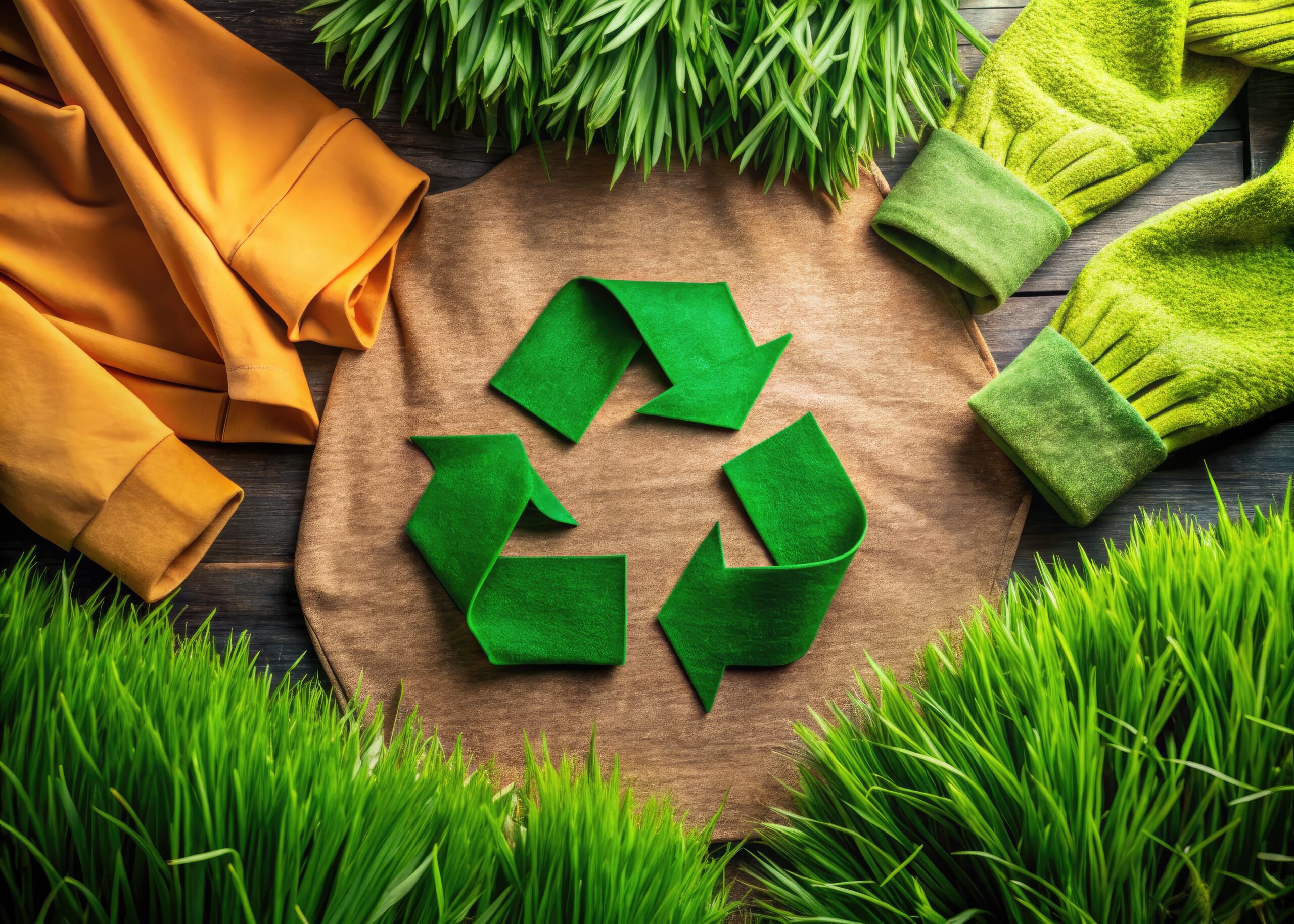
Keywords
Welcome to the world of resale markets, where the old adage "out with the old, in with the new" is being transformed into a mantra of conscious consumerism.
Once associated with thrift stores and bargain hunting, secondhand shopping has transformed into an industry that big-name brands and retailers have entered, providing chic, convenient, and eco-conscious products to life-long consumers. And the numbers speak for themselves — the global secondhand apparel market is projected to soar to $350 billion by 2027, nearly doubling its value from $177 billion in 2022.
What’s driving this growth? From consumers’ increasing focus on sustainability to a desire for unique, affordable pieces, the resale market is perfectly positioned at the intersection of value, variety, and virtue.
With this in mind, let’s take a look at a few fashion brands and retailers that have implemented resale markets of their own to promote sustainability and drive the circular economy, making their mark on the runway and in the realm of responsible consumerism.
In the world of outdoor retail, REI (Recreational Equipment, Inc.) has long been a revered name, known for its commitment to environmental stewardship and sustainability. One of the standout ways in which REI promotes sustainability and contributes to the circular economy is through its resale market.
REI's resale initiative is aptly named the "REI Used Gear" platform. This marketplace allows customers to buy and sell gently used outdoor gear and clothing. Whether it's a backpack, a pair of hiking boots, or a jacket, this platform provides outdoor enthusiasts with a sustainable alternative to purchasing brand-new items.
The resale market aligns with REI's philosophy of extending the lifespan of products. By encouraging customers to buy and sell used gear, they reduce the need for new production and promote a culture of reusing and recycling, not only minimizing waste but also conserving the natural resources required for manufacturing.
When you think of recommerce, its more about an intentional sales strategy. Were actively sourcing goods from customers for resale, like working with a vendor effectively.
Swedish brand Asket has built its business model on genuine sustainability and transparency. Founded in 2015, Asket rejects the traditional fast fashion calendar; instead of churning out seasonal collections, it offers a single, permanent collection of timeless, essential garments, minimizing waste and encouraging consumers to purchase high-quality, long-lasting clothing.
By calculating carbon emissions for their core products and expanding this analysis across their entire collection, ASKET meticulously evaluates the environmental impact at each stage of a product’s lifecycle, including raw material extraction, processing, production, assembly, distribution, and end-of-life outcomes. This data-driven approach allows ASKET to make precise adjustments during the design phase, such as substituting or eliminating components with an outsized environmental footprint, and empowers ASKET customers to make informed, sustainable choices.
The company actively reduces waste through initiatives like the Asket ReStore, an in-person resale and repair outlet that refurbishes and sells previously owned Asket garments, ensuring that clothing stays in circulation and avoids landfills or incineration.
But what truly sets Asket apart is its radical transparency. For every garment, Asket provides detailed disclosures about its supply chain, environmental footprint, and cost structure. Consumers can access information on the factories and facilities involved in production, including details about average wages, working conditions, and shift lengths. By shedding light on these often-hidden aspects of the fashion industry, Asket fosters accountability and empowers consumers to make informed choices.
Asket’s philosophy, “The Pursuit of Less,” reflects a holistic approach to sustainability. By focusing on longevity, reducing resource extraction, and emphasizing the value of human labor, Asket demonstrates what genuine, impactful sustainability looks like in the fashion industry.
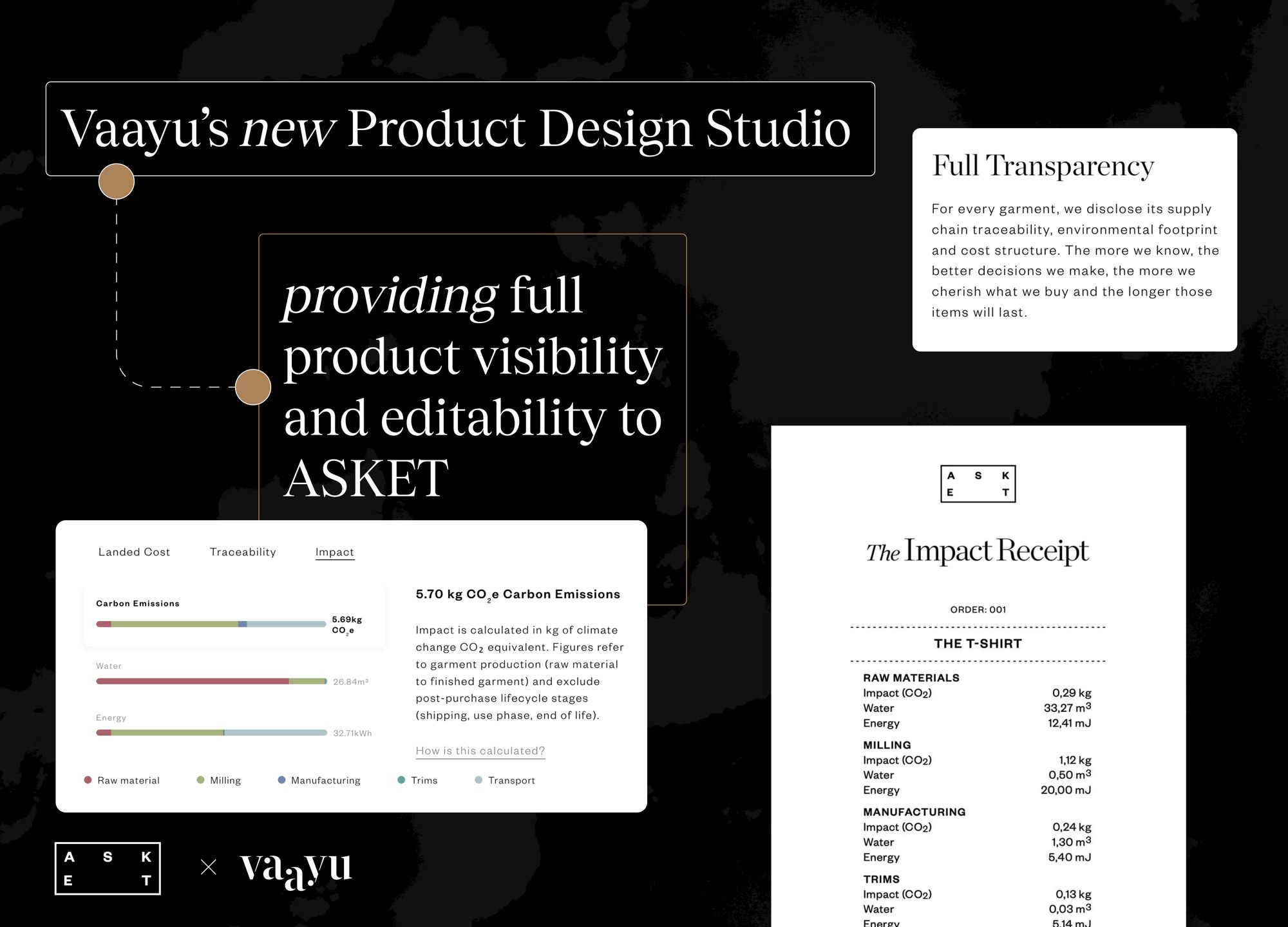
Think luxury brands are too fancy to take part in the secondhand market? Think again! Often associated with exclusivity and prestige, many luxury brands are not only redefining their image but also their approach to sustainability by actively participating in the booming resale market. One such standout example is Coach, a brand synonymous with quality craftsmanship and timeless style.
Coach’s resale market allows customers to trade in their pre-loved Coach handbags and accessories in exchange for store credit. These gently used items are then meticulously inspected, refurbished if necessary, and made available for purchase in designated Coach resale boutiques. This not only extends the life of Coach products but also fosters a sense of community among Coach enthusiasts who can acquire sought-after pieces at a fraction of the original price.
Luxury brands like Coach are increasingly aligning with sustainability trends, and resale programs play a vital role in this transformation. By encouraging customers to buy pre-owned items, these brands reduce the demand for new production, subsequently reducing their environmental footprint. It's a compelling way for luxury fashion houses to contribute to a more sustainable fashion industry.
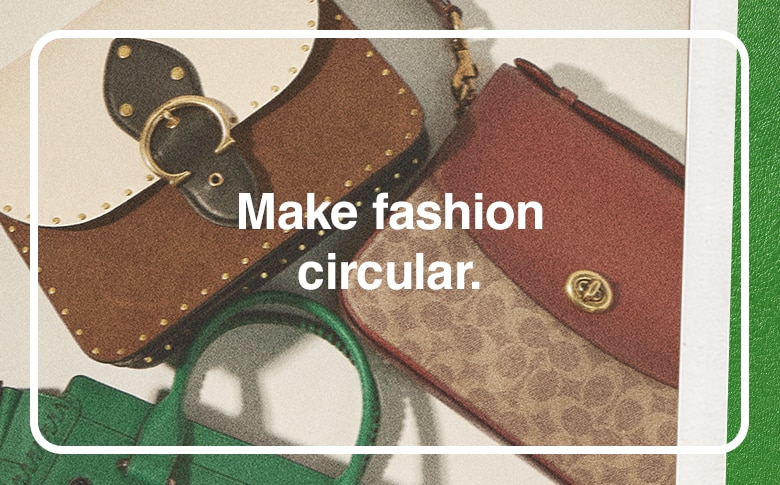
When it comes to sustainability in the fashion industry, few brands have made a more significant impact than Patagonia. This iconic outdoor apparel company has not only embraced sustainability as a core value but has also leveraged the resale market to inspire change.
Patagonia's pioneering resale initiative, known as "Worn Wear," has become a shining example of how a brand can promote sustainability in a throwaway culture. Worn Wear encourages customers to buy, sell, and trade used Patagonia clothing, extending the life cycle of their products. In addition to facilitating resale, Patagonia goes the extra mile by offering repair services. Their "Worn Wear Repair" program helps customers fix and rejuvenate their well-loved Patagonia gear. By doing so, Patagonia sends a powerful message: the most sustainable garment is one that already exists.
Patagonia's resale efforts are integral to their commitment to a circular economy, where products are continually recycled, repurposed, and resold. By promoting the resale of their items, they contribute to reducing the overall demand for new production and conserve resources, embodying the principles of a more sustainable fashion industry.
In a world where the fashion industry has often been synonymous with excess, disposability, and environmental concerns, the rise of resale markets represents a beacon of hope and change that demonstrates that fashion can be both luxurious and eco-conscious, that quality and durability are timeless attributes, and that a circular economy is not just a concept but a thriving reality.
So, the next time you browse for that perfect outfit or piece of outdoor gear, remember the stories behind each pre-loved garment, the commitment to craftsmanship, and the vision of a planet where fashion doesn't just look good; it does good. With the fashion industry evolving towards a more sustainable future, you, as a conscious consumer, have the power to be part of this transformative journey. Together, we can shape the future of sustainable fashion, one stylish, eco-friendly choice at a time.
Discover how to avoid the pitfalls of greenwashing and build genuinely sustainable strategies that foster trust, align with regulations, and drive long-term business growth.
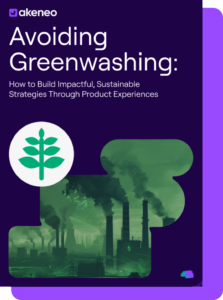
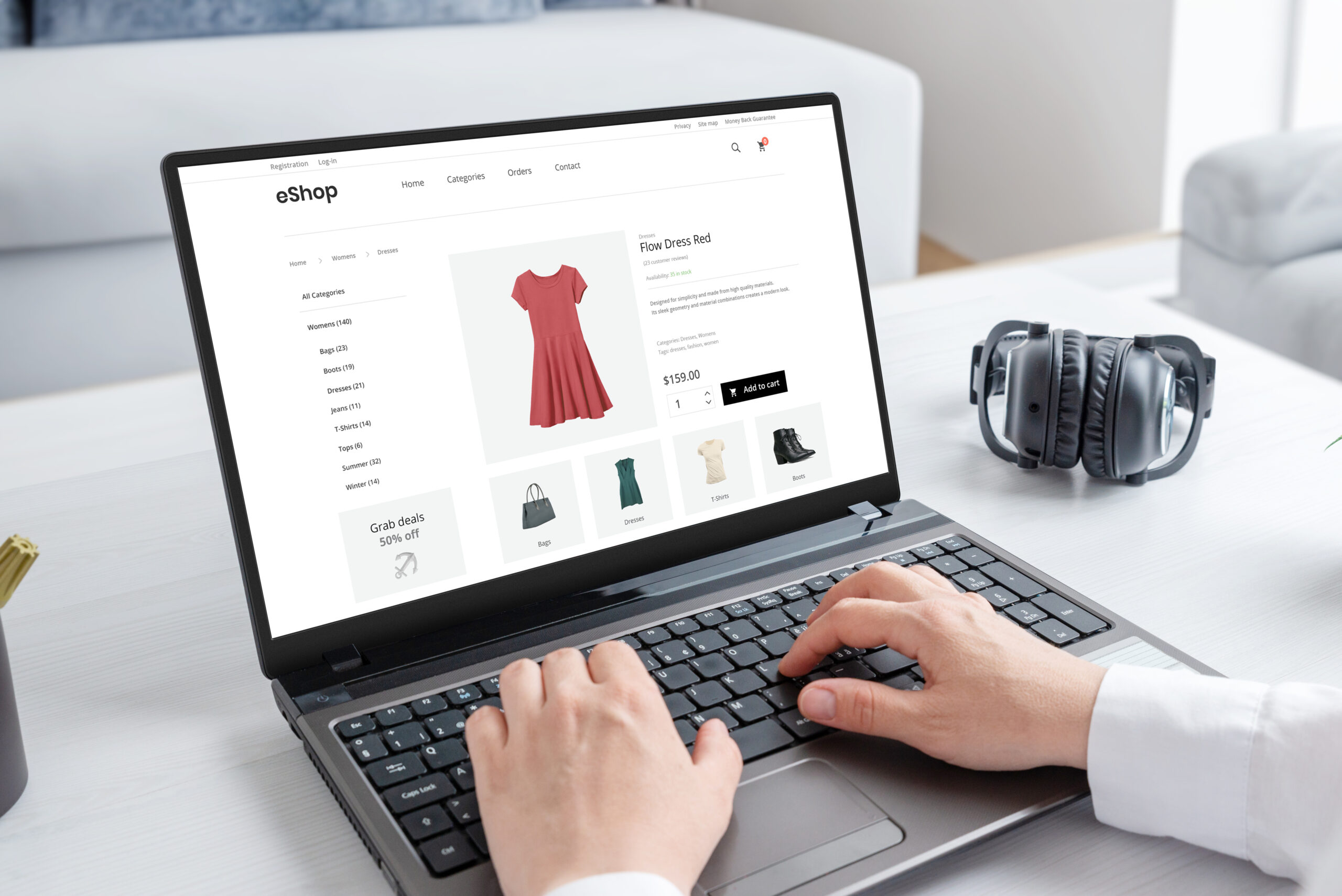
Explore how PCM helps brands centralize and enrich product data, streamline workflows, and improve content delivery across channels, and gain a...
Read more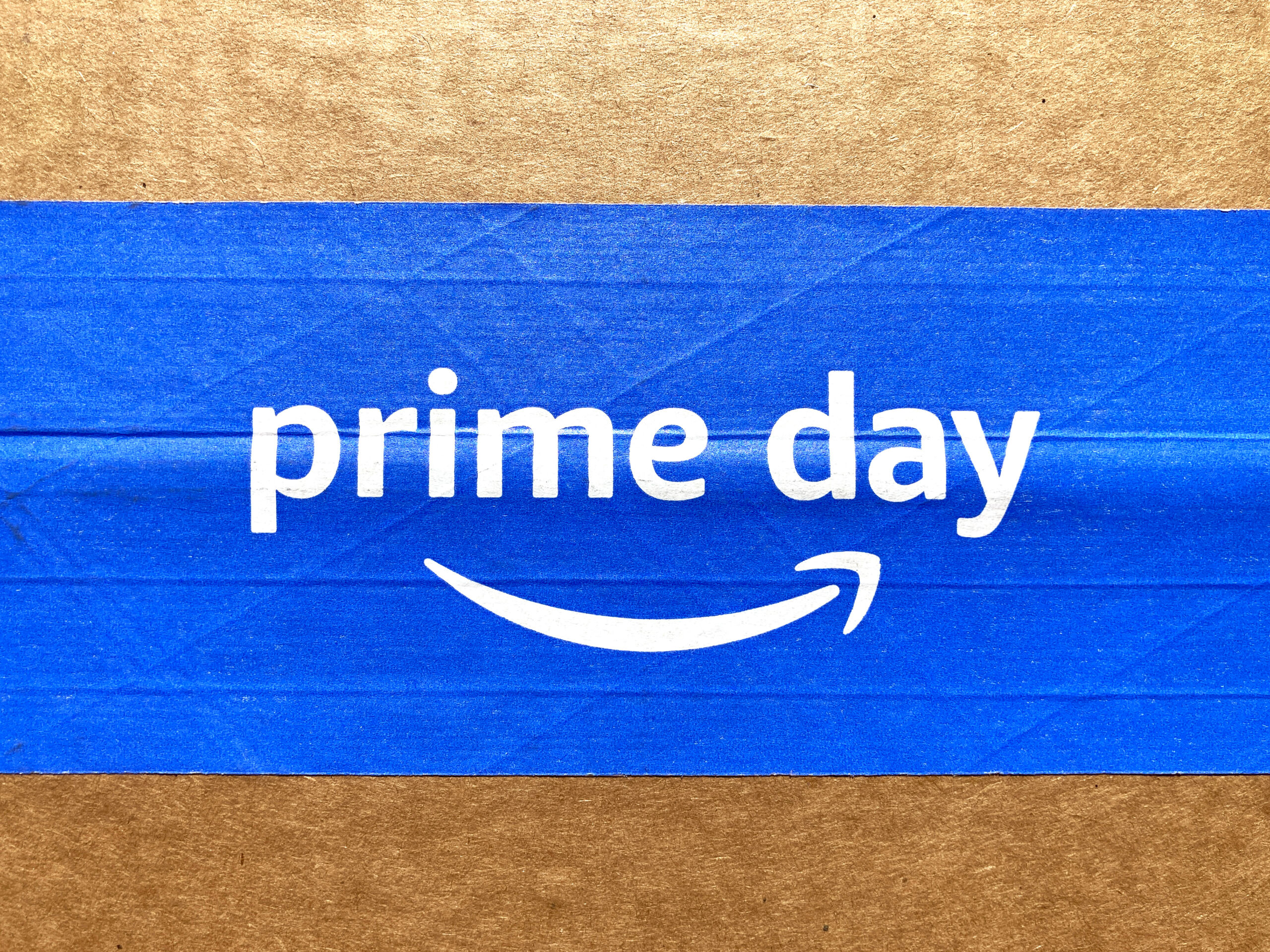
2025 Amazon Prime Day has officially been announced for July 8-11; if you’re a brand looking to take full advantage of one of the biggest sales...
Read more
Explore how these 2025 Experience Award winners elevated product experiences by centralizing data, automating workflows, scaling globally, and...
Read more